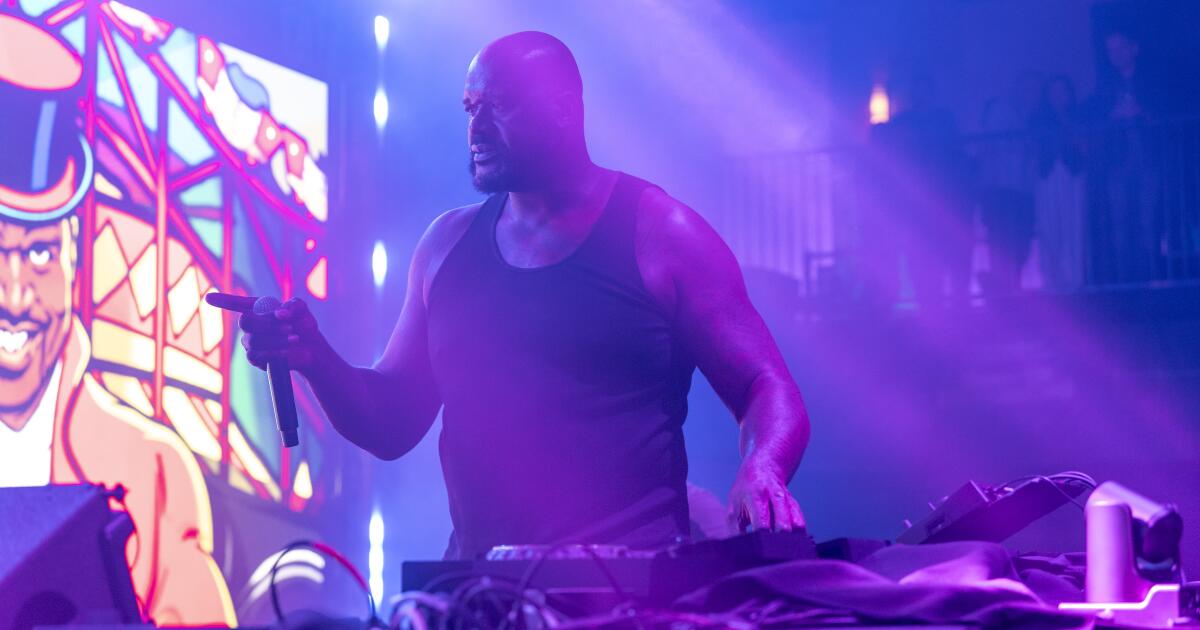Angels star Mike Trout testifies that he knew Eric Kay had a drug problem
Angels superstar Mike Trout testified Tuesday morning that he knew team employee Eric Kay had a drug problem but that pitcher Tyler Skaggs showed no signs of drug use.
Trout, a three-time American League Most Valuable Player, has played with the Angels his entire 15-year career and is under contract through the 2030 season. He was a teammate of Skaggs from 2014 to 2019, when the left-handed pitcher died in a Texas hotel room July 1, 2019, after snorting a counterfeit oxycodone pill that contained fentanyl, a powerful opioid.
Key, a former Angels communications director, was sentenced to 22 years in federal prison after being convicted in 2022 of providing the pills that led to the Skaggs’ overdose.
According to trial transcripts, Skaggs lawyer Daniel Dutko asked Trout about his reaction when he learned the next day in a team meeting that Skaggs had died.
“Cried,” Trout answered.
“You loved him like a brother,” the lawyer said as Trout nodded affirmatively. Trout added that he was unaware of any drug use by Skaggs.
Skaggs’ lawyer asked questions to elicit testimony from Trout that would humanize Skaggs, to establish that he was a valued teammate and friend. Trout said he and Skaggs were roommates in 2010 when both were 18 years old and playing for the Angels affiliate in Cedar Rapids, Iowa.
Trout, the highest-paid Angels employee making more than $37 million a year, attended Skaggs’ wedding in 2018.
Neither Dutko nor Angels attorney Todd Theodora asked Trout why he didn’t inform a team executive or human resources when he suspected Kay’s drug use.
Skaggs was found dead in his hotel room in Southlake, Texas, on July 1, 2019, before the Angels were scheduled to start a series against the Texas Rangers. The Tarrant County medical examiner found that in addition to the opioids, Skaggs had a blood-alcohol level of 0.12. The autopsy determined he died from asphyxia after aspirating on his own vomit, and that his death was accidental.
Trout’s testimony followed that of longtime Angels executives Tim Mead and Tom Taylor. Kay reported to Mead nearly his entire 23-year career and worked closely with Taylor, the team’s traveling secretary. Both men testified that they had no idea Kay was addicted to opioids or that Kay supplied Skaggs with drugs.
Skaggs’ widow, Carli Skaggs, and parents Debra Hetman and Darrell Skaggs are seeking $118 million from the Angels for Skaggs’ lost future earnings as well as compensation for pain and anguish, and punitive damages.
The Angels announcement that longtime former big league catcher Kurt Suzuki was hired as manager coincided with Trout’s testimony.

